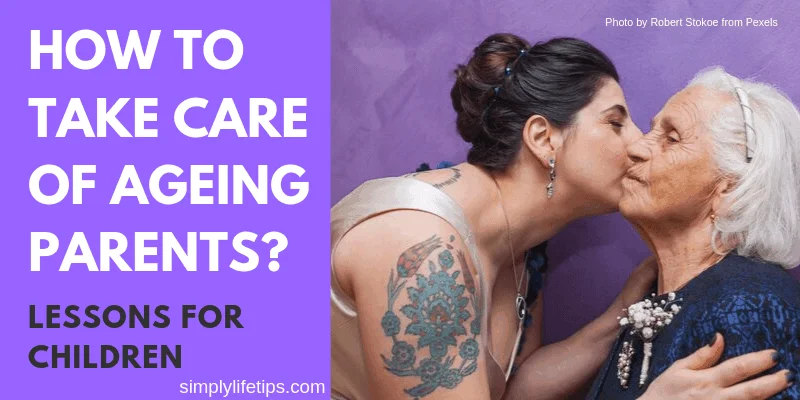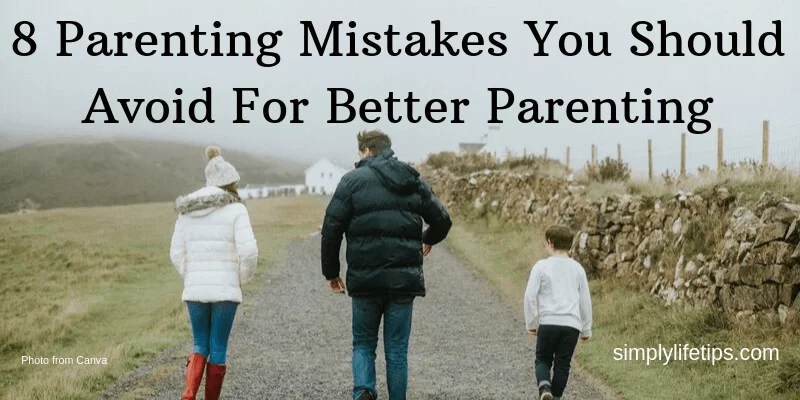In the intricate web of parenting, one recurring theme often emerges: moms yell. This phenomenon, though common, carries profound implications for the parent-child relationship and family dynamics. Understanding the reasons behind why moms resort to yelling sheds light on the underlying challenges and dynamics at play in modern parenting.
Why Do Moms Yell?
The answer lies in the intricate interplay of emotions, stress, and the relentless demands of parenthood. Often, yelling stems from a sense of overwhelm, when the weight of responsibilities feels insurmountable. It’s a reflexive response to feeling unheard or when the safety of our children is at stake. The constant juggling act of managing household tasks, nurturing relationships, and tending to our children’s needs can push even the most patient individuals to their limits. While yelling may offer a temporary release valve for pent-up frustration, it also highlights the need for healthier coping mechanisms and communication strategies within the family dynamic.
Why do moms find themselves resorting to yelling? Could it be a symptom of a deeper issue within the dynamics of modern parenting, or is it simply a reflection of the overwhelming demands placed upon them? The reasons are as varied as the chaos of a household on a busy day.
Overwhelmed And Underheard
It often starts with feeling overwhelmed, like standing in the centre of a whirlwind with no escape. It’s when no one seems to be listening, and the urgency of keeping our kids safe propels words out of our mouths in a rush. “Don’t put your hand in there!” we shout, hoping to prevent disaster before it strikes.
The Weight Of Responsibility
As the mess piles up and the endless cycle of cleaning falls solely on our shoulders, frustration bubbles to the surface. Our arms move in exasperated gestures, and our voices rise in a crescendo of stress. And when the yelling subsides, we’re left with a heavy weight of guilt and defeat, longing to dissolve into tears.
Not Born Angry
Are all moms inherently angry, and prone to outbursts? Certainly not. We don’t wake up with a temper; it’s the relentless challenges of parenting that chip away at our resolve.
“Parenting is the ultimate endurance test, where love and frustration often collide in a whirlwind of emotions.”
– Unknown
A Cry For Relief
We lose it because the weight of anxiety sits heavy on our chests with no outlet for release. Exhaustion drains us to the point where even our thoughts move sluggishly, running on fumes. We crave more than a good night’s sleep; we crave a respite from the relentless demands, a break from the unending cycle of responsibility.
A Cry For Recognition
We lose it because we’re tired of feeling invisible, of shouldering the burden alone without acknowledgement or appreciation. Our hearts ache for a moment of recognition, a simple acknowledgement of our efforts.
The Imperfect Nature Of Parenthood
But in our moments of weakness, we are not failures as parents. We are imperfect beings who care deeply about shaping our children into kind, responsible individuals. We yell not out of anger, but out of a fierce desire to protect and guide.
“The most challenging part of motherhood is not the sleepless nights or the endless diaper changes, but the constant battle between our desire to nurture and our need for patience.”
– Unknown
Finding Grace In Imperfection
So, if you find yourself teetering on the edge of frustration today, remember this: You are not alone. Every parent grapples with the relentless challenges of raising children, and sometimes, we stumble. But in those moments, give yourself grace. Apologize for losing your cool, and resolve to do better next time.
You’re Still A Good Mom
Despite the struggles and the occasional missteps, you are still a good mom. Your love, your dedication, and your unwavering commitment to your children shine through, even in moments of chaos and frustration. So, take a deep breath, let go of the guilt, and embrace the imperfect beauty of parenthood.
The Consequences of Constant Yelling
Constant yelling poses a significant barrier to forging genuine connections with our children. Imagine if you yelled at your partner incessantly whenever they irritated you. Instead of fostering respectful communication, you resort to shouting and nagging. Now, flip the scenario: what if your partner were the one who yelled every time they disapproved of something you did? It’s doubtful there would be much room for intimacy in such a dynamic.
The same principle applies to our interactions with our children. When anger fuels our words and yelling becomes the default mode of communication, it sends negative and fear-inducing signals to both our brains and theirs. Our children become unwitting recipients of our frustration, with their developing minds absorbing the fear-laden messages that accompany each outburst.
Research corroborates this, revealing that yelling can have detrimental effects on children’s brains and overall development. Instead of fostering a nurturing environment conducive to growth and learning, constant yelling instils fear and hampers emotional well-being. As parents, it’s crucial to recognize the profound impact our words and actions have on our children’s lives and strive to cultivate connections built on respect, empathy, and understanding.
Final Thoughts
As we unravel the complexities surrounding why moms yell, it becomes evident that this behaviour can hinder rather than enhance the parent-child bond. By acknowledging the impact of constant yelling and exploring alternative approaches to communication and discipline, moms can cultivate an environment of mutual understanding and respect within the family dynamic. Through empathy and self-awareness, moms can navigate the trials of parenthood with grace and foster stronger connections with their children.
Are you a mom constantly yelling at your kids?
Thank you for taking the time to explore this post. I hope you found it both insightful and enjoyable.
Remember, your sharing can make a positive impact! Share this post across your social media and other networks, allowing others to benefit from its content.
References: Familyfelicity
Featured Image by peoplecreations on Freepik
PVM

Mathukutty P. V. is the founder of Simply Life Tips. He is a Blogger, Content Writer, Influencer, and YouTuber. He is passionate about learning new skills. He is the Director of PokketCFO.
He lives with the notion of “SIMPLE LIVING, CREATIVE THINKING”. He Believes – “Sharing is caring.” and “Learning never ends.”



